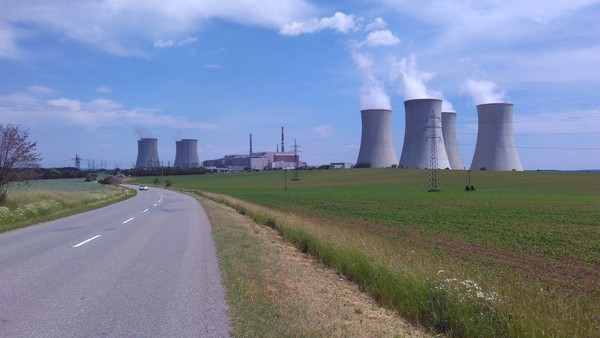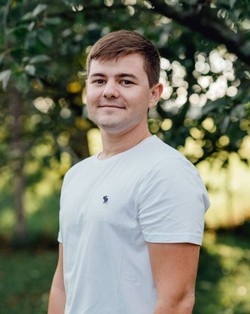A contribution by Czech student in Korea
The project of a new reactor at the Dukovany nuclear power plant is just before the start. On September 27 this year, President Miloš Zeman of the Czech Republic signed a law, which is sometimes referred to as “Lex Dukovany“ that has an important role in the whole process. This law regulates the conditions for the purchase of electricity from the newly built power plant, and most importantly, ensures that only companies that have acceded to the international agreement on government contracts of 1996 will be able to participate in the tender.
This means that only Korean KHNP, French EDF and American Westinghouse can participate. For security reasons, participants from Russia and China are excluded from the tender. Last week, the Minister of Industry and Trade, Karel Havlíček, also announced that the tender could be announced by the end of this year. It is now dependent mainly on the evaluation of safety questionnaires, which had to be submitted by all three companies that want to participate in the tender.

Last week was important in terms of negotiations about Dukovany. On Thursday, September 23, a conference called Nuclear New Builds was held, where representatives of the government, political parties and large companies operating in the Czech nuclear industry participated and three possible suppliers of the new reactor, including KHNP, were presented. The great news is that all participants unanimously agreed on the need to build the new reactor in Dukovany, some even mentioned the need to build more than one reactor unit. After the build of new reactor in Dukovany, new reactors could be also built in Temelín NPP, where the previous tender on two units was canceled in 2014.
The construction of a new reactor is important both for energy security and self-sufficiency of the Czech Republic, as well as for the maintenance of Czech nuclear know-how. There are many companies operating in the nuclear industry in the Czech Republic, which have excellent experience and also operate abroad, so they are a large part of the Czech economy.
The Dukovany nuclear power plant has been in operation since 1985 and contains four pressurized water reactors, each with an electric power of 510 MW. The second Czech nuclear power plant, Temelín, has been in operation since 2000, and also has pressurized water reactors, two in total with an electrical power of 1082 MW each. Nuclear power plants are responsible for about 35 percent of electricity generation in the Czech Republic.
According to the original plan, the Dukovany nuclear power plant was to be shut down in 2015, but now after major upgrades it is expected to last until 2035, and in the case of good condition, even 2045. The construction of the new reactor should start in 2029 according to the schedule and should be in operation in 2036. Due to the limited source of water as a coolant, it is not possible to build the Korean APR1400, but the APR1000, which has a lower electrical power of 1000 MWe.
It is a modified version of the Korean rector OPR1000 but contains security features and modern systems from the APR1400. The other two options are the American AP1000 (Westinghouse) and the French EPR1200 (EDF). However, only Korean KHNP has a recent reference power plant, Barakah NPP in the UAE, which was built on time and on budget.

Editor’s note:
The writer, Mr. Jan Hruskovic, is a master’s student of Nuclear Power Plant Engineering at KEPCO International Nuclear Graduate School. The Embassy of the Czech Republic in Seoul has kindly arranged for Mr. Jan Hruskovic to write the article in response to our encouragement program for the international students in Korea to share their views with our readers in Korea and around the world.

